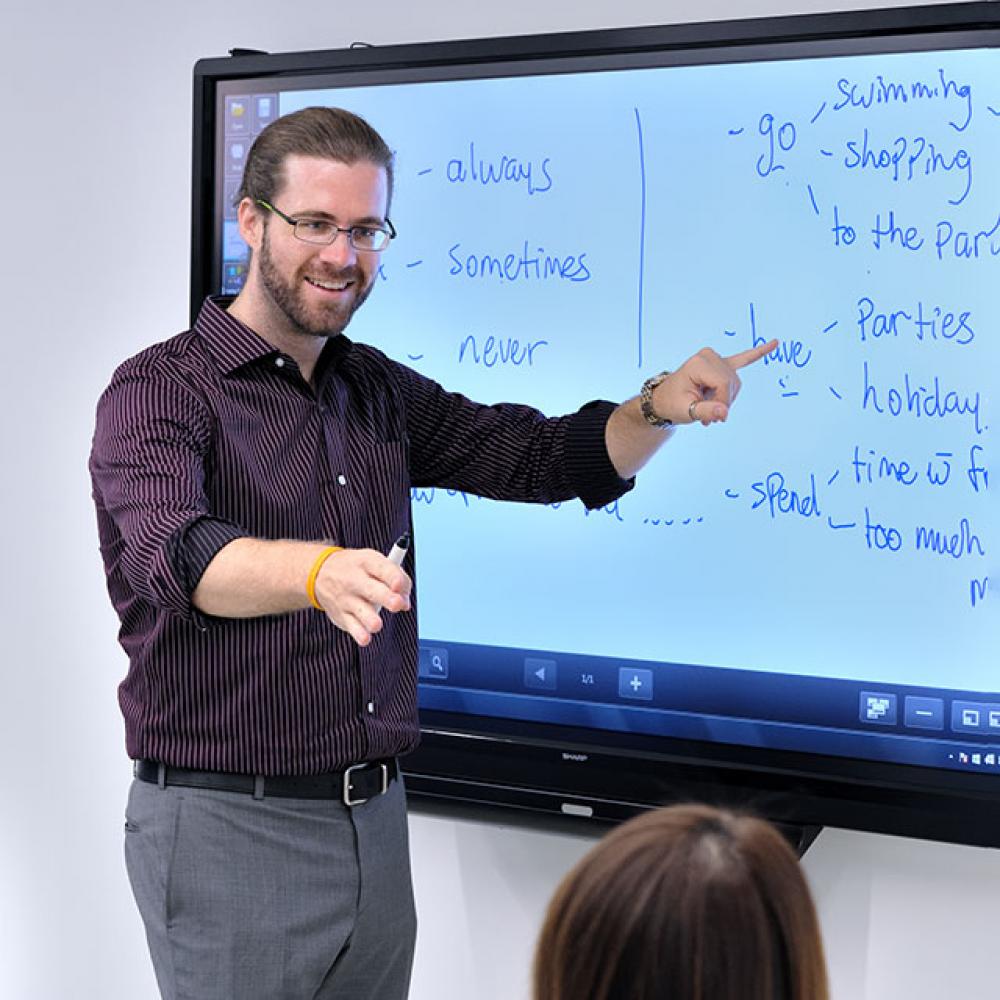Teaching skills
Using EdTech to Enhance Speaking and Communication Skills in your Classrooms


Using TV Shows to Teach English


Creating Teaching Materials with ChatGPT and DALL-E2


Jigsaw Activities in Receptive Skills Lessons


Teaching Reading: 5 Common Mistakes EFL Teachers make


Teaching Register: the forgotten component of English Language Teaching


Teaching Tenses in English: a complete guide


Asking effective questions in your ESL classes


5 ways to use photos in English language lessons


Why you need to stop punishing your students: solutions for 3 common problems


Top 10 Tips for Teaching English with Drama


Debating: how to teach debate effectively

